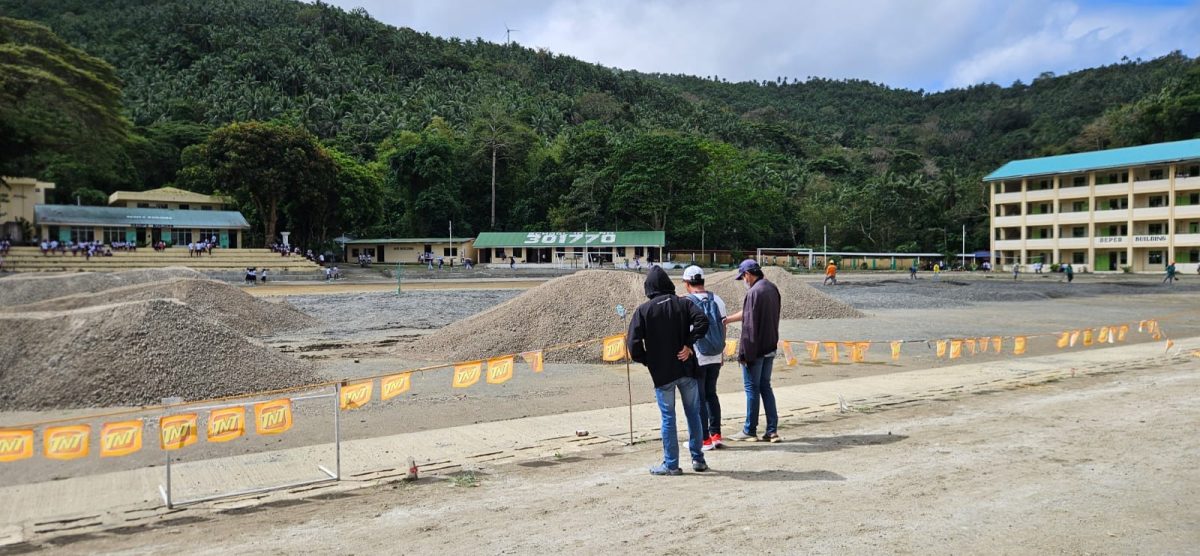
Aggregates in the Philippines: Types, Uses, and Regulations
Aggregates are among the most critical materials in the construction sector. They form the backbone of numerous construction projects across the Philippines, playing a vital role in infrastructure, residential, and commercial development. RICHSON’S TRADING, a leading supplier in the industry, provides high-quality aggregates essential for durable and sustainable construction. This article explores the different types of aggregates, their uses, and the regulations governing their use in the Philippines.
Types of Aggregates Used in Philippine Construction
Aggregates in the Philippines are categorized into several types based on their source and characteristics. Here are the most common types:
- Crushed Stone: This is the most common type of aggregate, used primarily for making concrete and as a base material for road construction. It is produced by mining and then crushing rock to the desired size.
- Sand: Essential for creating mortar and concrete, sand comes in fine particles and is mined from river beds and coasts.
- Gravel: Rounded or angular, gravel is used in similar applications as crushed stone. It is typically sourced from river beds.
- Recycled Concrete Aggregate (RCA): As part of sustainable construction practices, RCA is produced by crushing concrete reclaimed from demolished structures.
- Specialty Aggregates: These include colored aggregates used for aesthetic purposes in landscaping and architectural concrete, as well as lightweight aggregates used for insulation and decreased structural load.
Uses of Aggregates in Construction
The primary uses of Aggregates in the Philippines construction include:
- Concrete Production: Aggregates are a fundamental component of concrete, affecting its strength, durability, and other properties.
- Road Construction: Both crushed stone and gravel are crucial for creating the base and sub-base layers in road construction, providing stability and support.
- Landscaping: Decorative aggregates are used to enhance the aesthetic appeal of outdoor spaces.
- Drainage Systems: Coarse aggregates are instrumental in constructing effective drainage systems within infrastructure projects.
Regulatory Framework for Aggregates in the Philippines
The extraction and use of aggregates in the Philippines are governed by several regulations to ensure environmental sustainability and fair trade practices. Key regulations include:
- Philippine Mining Act of 1995 (Republic Act No. 7942): This law governs the exploration, development, and utilization of mineral resources, including aggregates.
- Environmental Compliance Certificate (ECC): Issued by the Department of Environment and Natural Resources (DENR), the ECC ensures that projects involving aggregates adhere to environmental standards.
- Local Government Regulations: Local governments may have additional ordinances concerning the extraction and use of aggregates, particularly concerning land use and environmental impacts.
- Building Codes and Standards: Aggregates used in construction must meet specific quality standards set forth in the Philippine National Standards to ensure safety and durability in construction.
Challenges and Innovations
The Aggregates in the Philippines faces challenges such as resource depletion, environmental impact, and regulatory compliance. However, innovations like the increased use of recycled concrete aggregates and sustainable mining practices are making significant strides toward addressing these issues.
RICHSON’S TRADING is at the forefront of promoting sustainable practices in the aggregates industry, supplying quality materials that meet both local and international standards. By investing in advanced processing technologies, RICHSON’S TRADING ensures the provision of superior aggregates that contribute to the robustness and longevity of construction projects.
Understanding the types, uses, and regulations of aggregates in the Philippines construction is crucial for industry professionals. As a leading supplier, RICHSON’S TRADING remains committed to providing premium aggregates that meet the evolving needs of the construction sector, ensuring compliance with environmental standards and contributing to the sustainable development of the Philippines.




